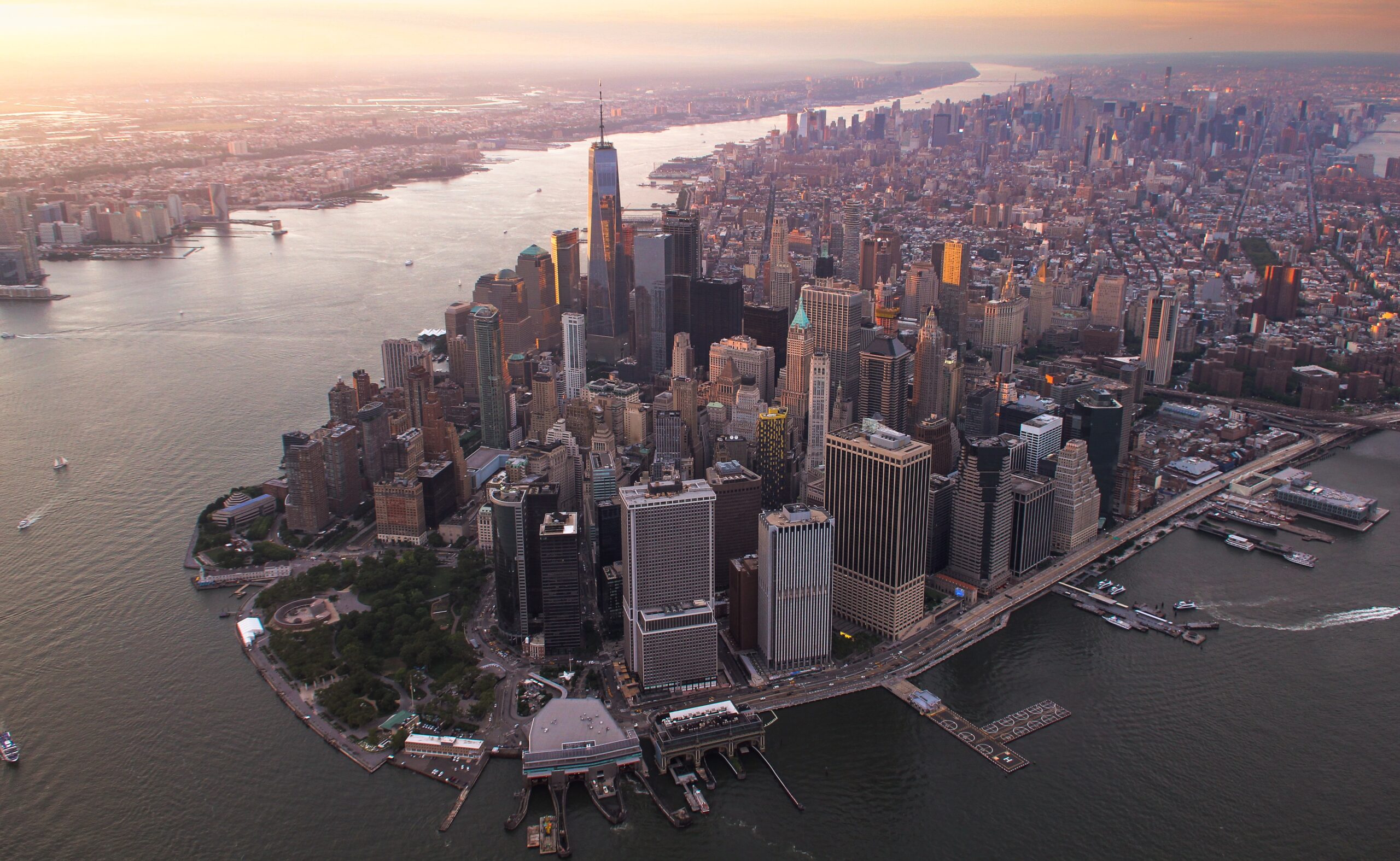From Lehman to COVID-19: Twelve years on

I wanted to take the chance, twelve years since the trigger event of the global financial crisis, to look back and see what we at Brunel have learnt from Lehman.
On the 15th of September 2008, the giant US investment bank Lehman Brothers filed for bankruptcy, the largest such filing in history. On the 16th, the US government bailed out AIG. But the financial tsunami had already been set in motion, one that brought the finance sector to its knees.
The crisis has had plenty of time to sink in since then, but has it changed how we see things? Can better things grow up from the rubble?
An ESG Crisis
The full causes of the financial crisis are too numerous to explore here, but one common theme is the system’s failings on ESG (Environmental, Social and corporate Governance) issues – in this case, on social and governance issues in particular. And yet it is misleading to treat ESG as three entirely separate kinds of risk. In reality, they cannot always be prised apart, especially when it comes to systemic risks.
The global financial crisis was, in the end, a systemic crisis. Banks pushed high interest ‘subprime’ mortgages on borrowers with poor credit histories with no regard for the social consequences of mass defaults when those borrowers found themselves unable to repay. In the US, there was also a racial slant to subprime lending, with black and Latino borrowers disproportionately targeted for subprime lending, regardless of wealth.
Governance failures were rife, both in allowing these practices in the first place, and in overseeing a massive increase in banks’ leverage (the ratio of assets to equity). That left them vulnerable. By April 2018, Lehman itself was leveraged 44:1, meaning a 2% fall in the value of its assets would wipe out its equity entirely.
Incentives, too, were skewed to maximise profits – and bonuses – at the expense of managing long term risks. And risk was never properly accounted for in aggregate.
So it was that several social and corporate governance failures contributed to the most systemic financial crisis of our age.
The dangers remain
Brunel was formed in 2017, with the lessons of the financial crisis still being worked through. Our central goal has always been to deliver long term value to our beneficiaries and society by investing responsibly and sustainably. But that doesn’t magically immunise Brunel from exposing ourselves to the same risks.
If we do manage to avoid those risks over the long term, it will not be because of self-confidence – quite the opposite. It will be because we’ve challenged ourselves all along the way, and in every area of our business.
That means integrating ESG considerations into everything we do, from portfolio construction, through to asset manager selection and engagement.
It will mean voting against the financial statements and statutory reports of companies that provide inadequate disclosure on diversity. Our engagement with mining firms1 led to the creation of the first global database of tailings dams, which helps to avoid a repeat of the Brumadinho dam tragedy in Brazil. We’re proud of that, of course, but it’s our long-term pattern of behaviour that will matter most.
On corporate governance, it will mean committing to the right principles and then implementing them. Brunel was the first LGPS pool to become a signatory of the UN-backed Principles for Responsible Investment, but that can only be a starting point.
It will mean strengthening our governance processes, too. The Brunel Asset Management Accord requires managers to provide evidence of their contributions to the UN Sustainable Development Goals, among other ambitions, while our Outcomes Report reviews our own approach. These certainly set a good direction of travel, but they don’t of themselves ensure we keep up the pace – for that, questioning our approach has to become part of our culture.
Averting the next crisis
Getting that culture right means looking ahead, often very far ahead – the reverse of what led to the global financial crisis. This is why we focus on the long term and the sustainable.
Brunel is a product of the post-2008 financial landscape, forged while the lessons of the crisis still felt fresh.
The memory of that crisis is fading, and we are now already in the next one: COVID-19. The two crises are very different – one over debt, the other over a virus.
But they both pose a systemic risk that affects all companies. For me, they provide above all a warning against complacency. There is no such thing as staying the same. Companies that are not analysing themselves and improving their practices will, over time, deteriorate and expose themselves to unnecessary risks. At that point, it only takes the next systemic crisis to put their very future in doubt.
1 This engagement was through the Investor Mining and Tailings Safety Initiative